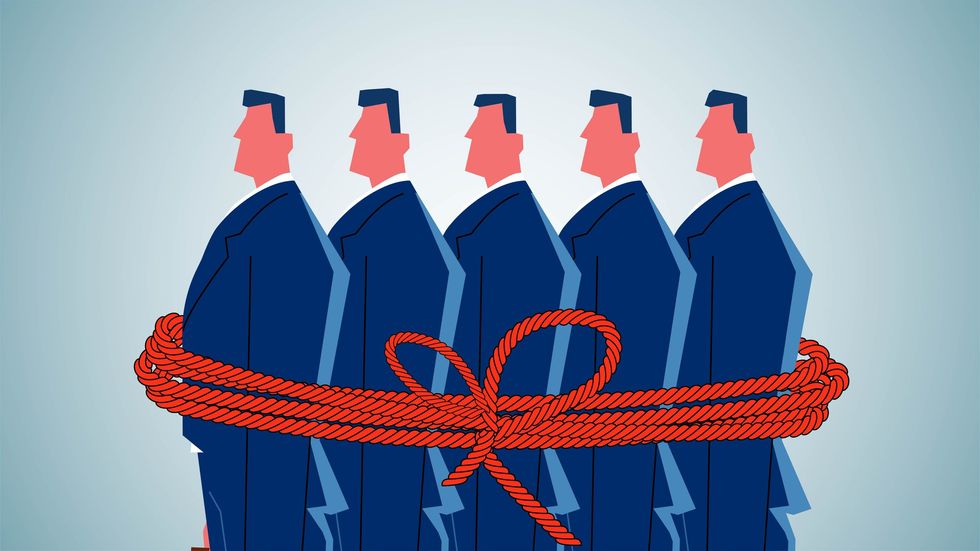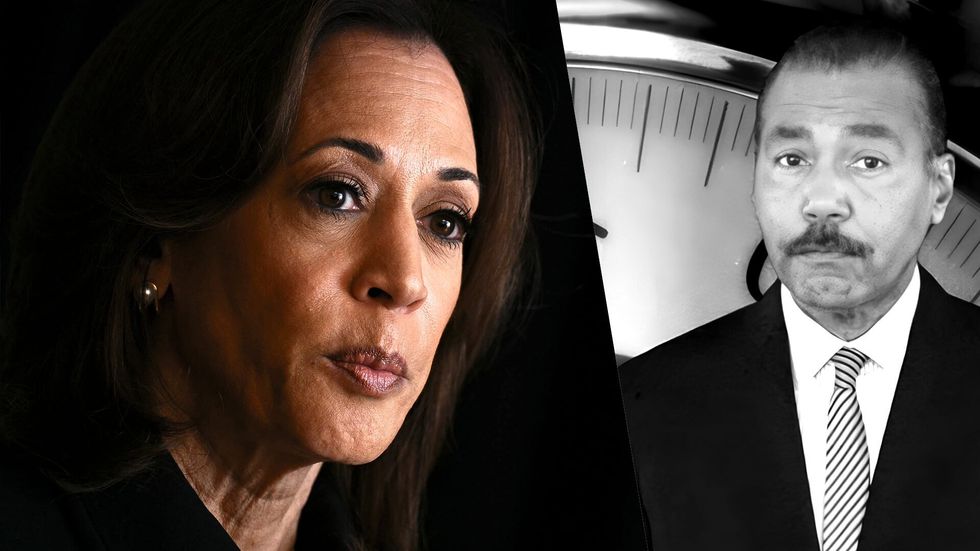‘Influenced’: Handful of gamblers dump millions on one presidential candidate, massively skewing betting odds
'I believe there has been a coordinated effort to change the perception of this race'


![]()

A handful of bettors are putting up millions of dollars on former President Donald Trump winning the election, skewing what some consider a metric for predicting the election massively to one side.
The users “Fredi9999,” “Theo4,” “PrincessCaro” and “Michie” make up $26 million in bets for Trump on popular betting site Polymarket, the Wall Street Journal first discovered Friday. Currently, Polymarket predicts that Trump has a 60% chance of winning the 2024 election, compared to only a 39.8% chance of Vice President Kamala Harris winning, a massive difference from the comparatively even odds predicted around October.
Some people, such as billionaire and Trump supporter Elon Musk, see the betting markets as a reflection of the reality of the election more than the polls. Experts are still divided on whether staking real money makes betting markets more accurate than polling, according to Fortune Friday.
“Unlike polls, prediction markets can be influenced by the interests of a small number of large players, as appears to be happening [on Polymarket],” Ryan Waite, vice president of public affairs at the public affairs consultancy Think Big, told Fortune. “The limitation here is that prediction markets often attract a specific kind of participant: people interested in betting who might not reflect the broader population and they can be influenced by deep pockets, overconfident individuals or herd mentality.”
On Polymarket, people can buy “shares” on what they think is the most likely outcome of the election, with rise and fall depending on demand, according to Fortune. Nicholas Creel, an associate professor of business law at Georgia College & State University told Fortune that Polymarket attracts a certain type of person and leaves out the general population.
“In Polymarket in particular, you don’t have a particularly large or diverse crowd of people,” Creel said. “A large driver of this is that the exchange requires users to bet with cryptocurrency, which the vast majority of the population has little to no familiarity with. Cryptocurrency tends to be something mostly loved by those on the far right, particularly your libertarian types.”
Some experts even think that the sway in odds on the betting platform is part of a broader operation to boost Trump’s favorability.
“I believe there has been a coordinated effort to change the perception of this race,” Tom Bonier, senior adviser at research firm TargetSmart, told Fortune. “A central argument has emerged in the closing weeks of this campaign: strength versus weakness. Donald Trump’s persona, and therefore his support from voters, relies on being seen as strong. But if the public perception is that he will lose, that all falls apart.”
Polymarket did not immediately respond to the Daily Caller News Foundation’s request for comment.
Content created by The Daily Caller News Foundation is available without charge to any eligible news publisher that can provide a large audience. For licensing opportunities of our original content, please contact [email protected].
SUPPORT TRUTHFUL JOURNALISM. MAKE A DONATION TO THE NONPROFIT WND NEWS CENTER. THANK YOU!
What's Your Reaction?

































































































